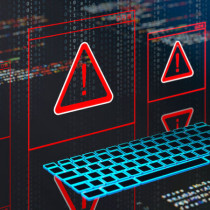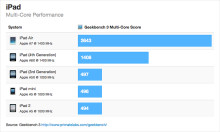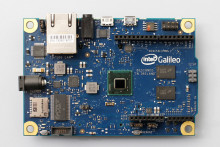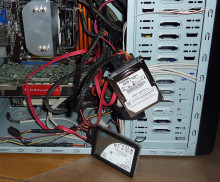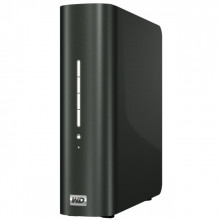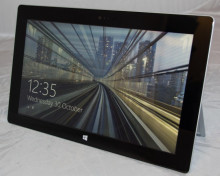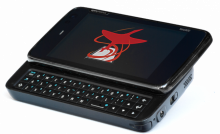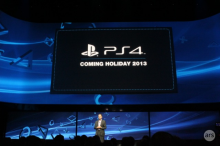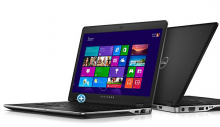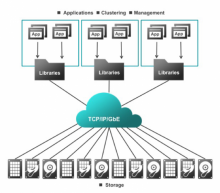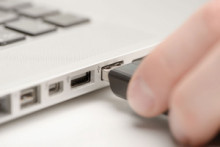Benchmarks for Apple's iPad Air show 90% performance boost
Ahead of Friday's iPad Air release, performance analytics firm Primate Labs is starting to see data trickle in from its Geekbench Browser, with the tablet's A7 system on a chip showing huge performance gains over last year's iPad.
Primate Labs founder John Poole compiled the results from iPads Airs running the Geekbench 3 benchmark, and compared them to all iOS 7-compatible tablets, which includes the iPad 2, third- and fourth-generation iPad and iPad mini.





